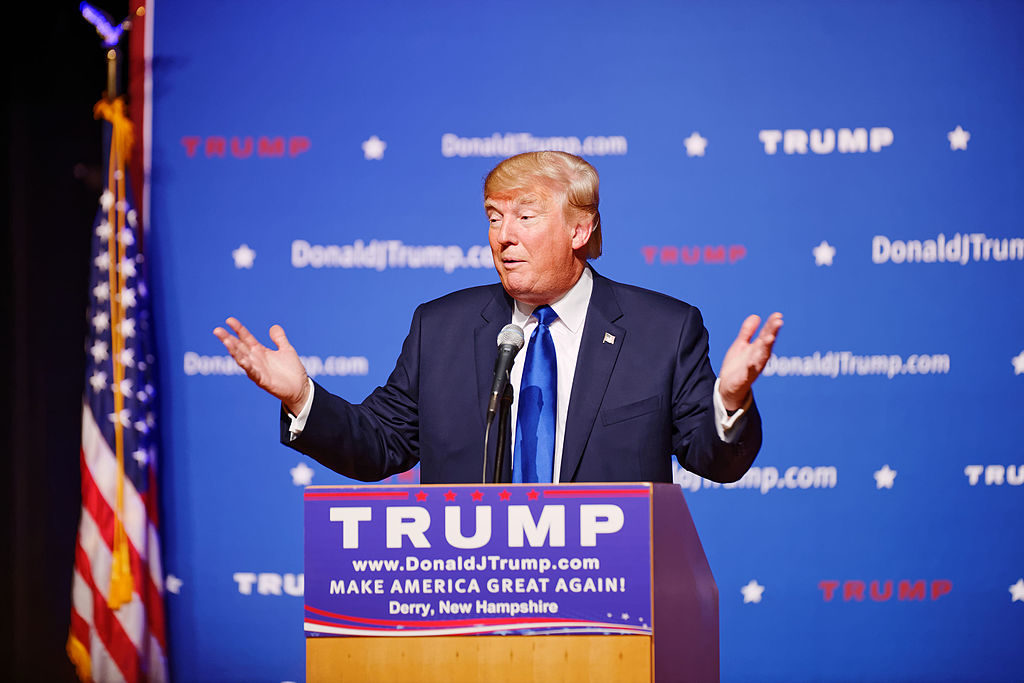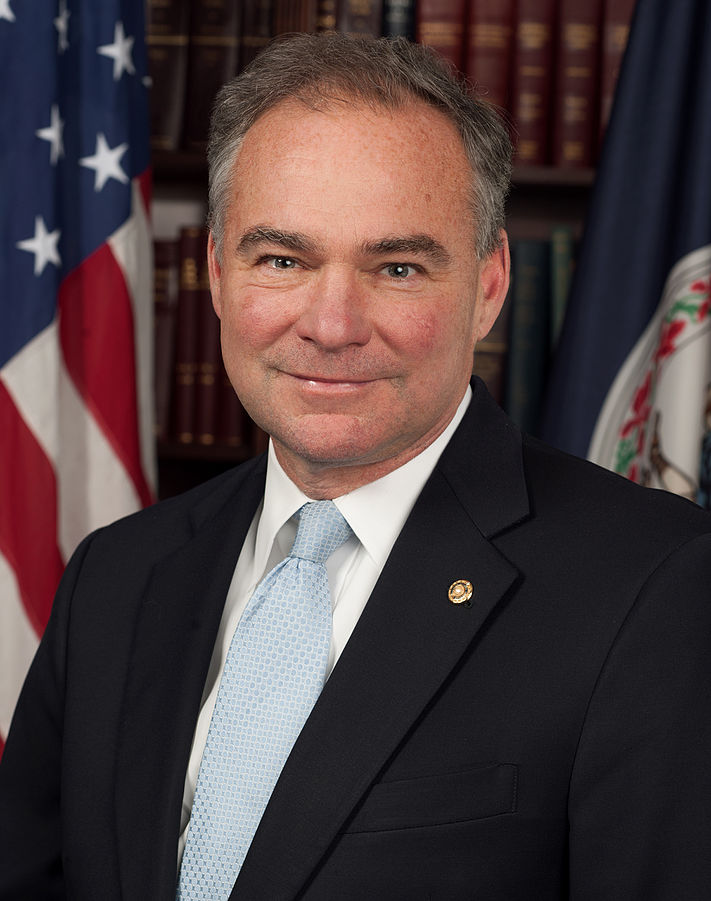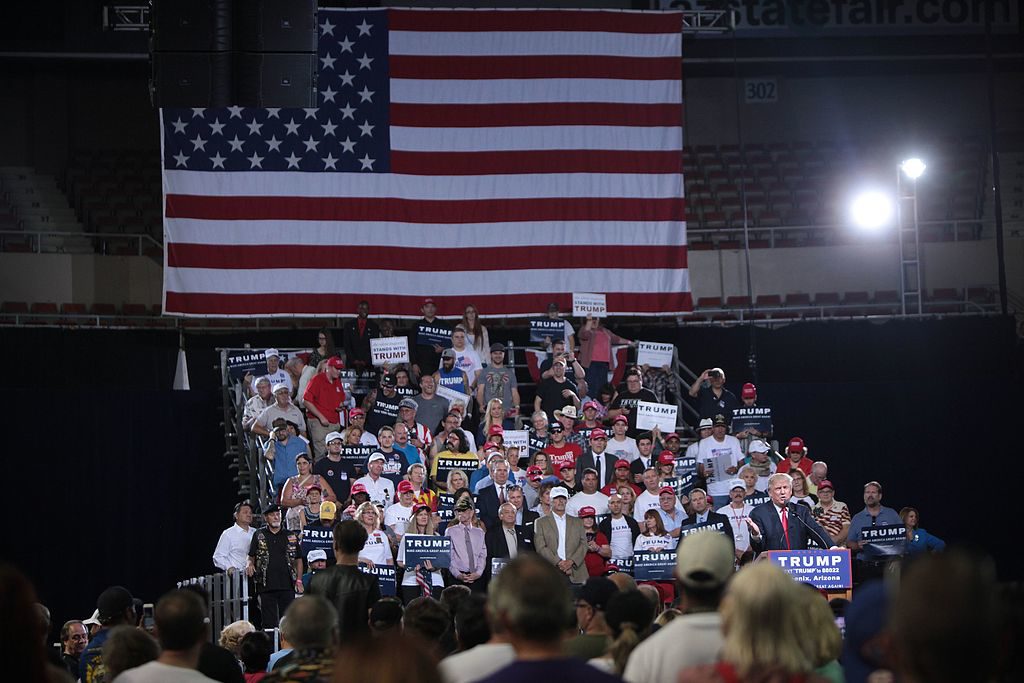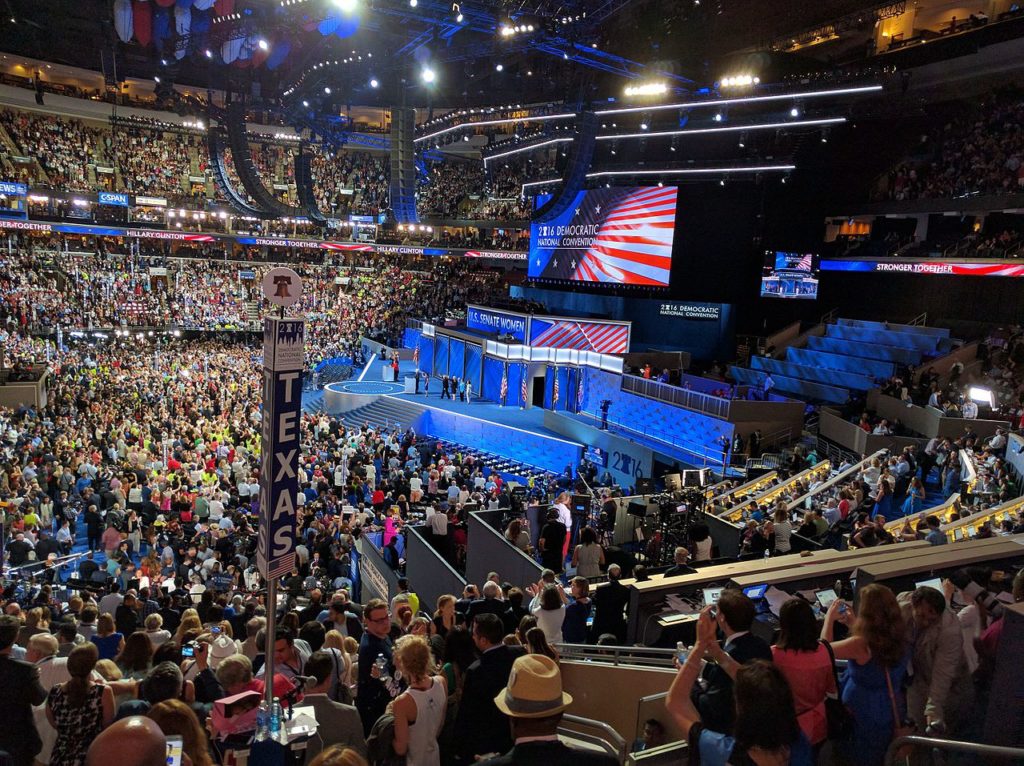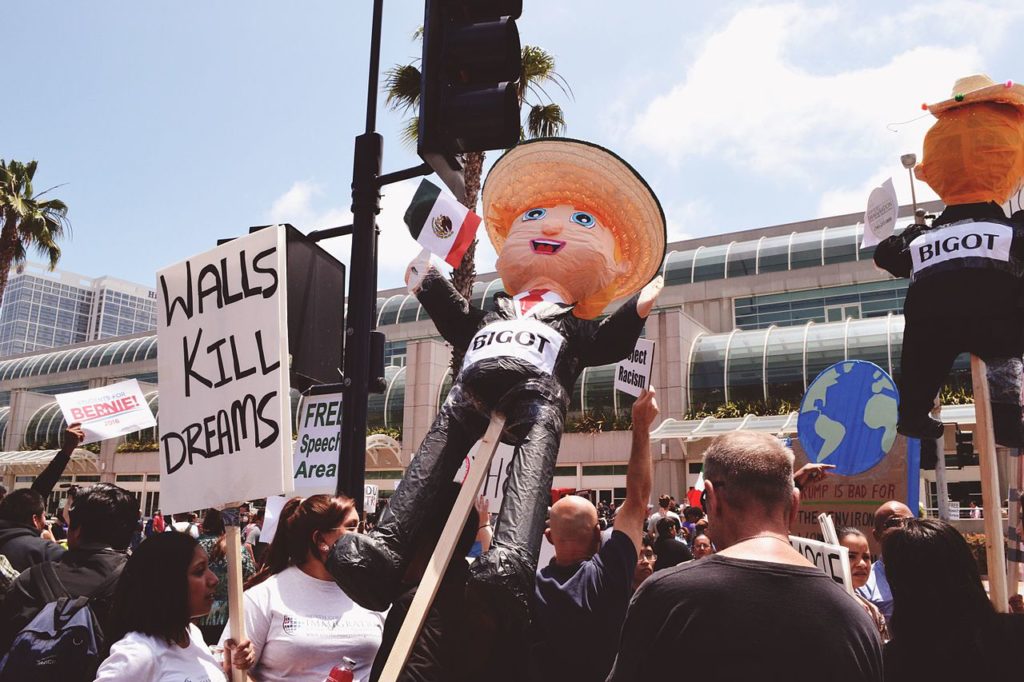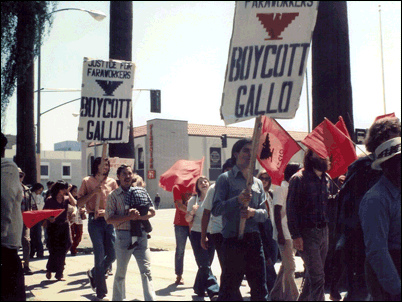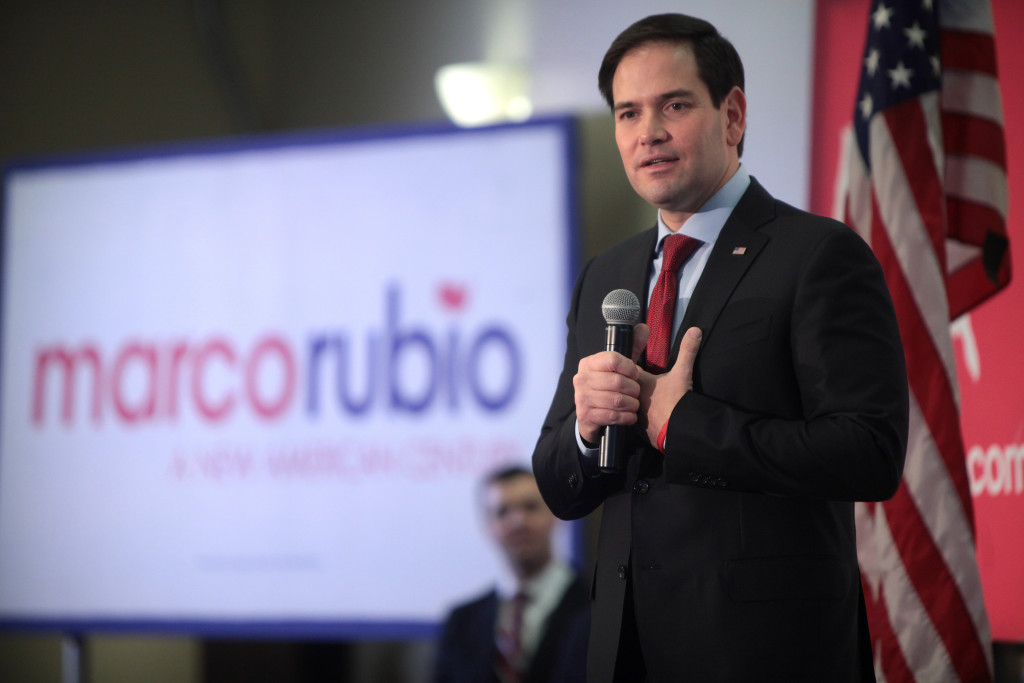
When the primary season began, there were signs that the 2016 election was going to be different from others in the past. This would be the most diverse electorate in United States history, and Latinos were set to play a central role on a national stage. Latinos had played an important part of the Barack Obama coalition and their electoral size only continued to grow. After suffering two presidential defeats, the Republican National Committee, headed by Reince Priebus, issued a report that rethought the GOP’s strategy. The RNC had come to the conclusion that the Republican Party needed new voters. It needed Latinos, but Latinos’ support for Republican candidates had been steadily decreasing since George W. Bush’s 2004 re-election campaign. The RNC thought a change in policy and rhetoric could fix this in 2016.
As 2016 approached, it seemed both parties were doubling down on diversity.

